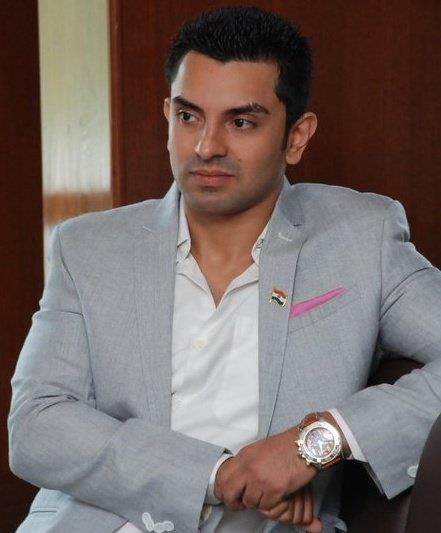INDIA. Pune, Maharashtra. In a Twitter video that has gone viral, civil rights activist, political analyst, and Congress Party supporter Tehseen Poonawalla questions India’s BJP government’s denial of knowledge of China’s movement into the shared border region in India’s northern Galwan Valley and demands accountability. A 1962 dispute along this northern border with China resulted in territorial claim by India.
In the preceding decades, there have been small skirmishes, but on June 15th, the conflict escalated leading to troop loss on both sides. The exact number of casualties is disputed as is the catalyzing event for the violence. According to The Guardian, “India accused the Chinese troops of violating the disengagement agreement and carrying out a ‘pre-meditated and planned action’ against Indian troops” (17 June 2020).
Chinese Movement Along Shared Indian Border in April. Poonawalla, citing “authenticated” reports, demands accountability for what he claims is the nationalist BJP party’s denial of knowledge of the Chinese incursion in April. He insists that while India relaxed patrols of the rugged Himalayan Sino-Indian region to relocate troops at the onset of the Covid-19 pandemic in South Asia, China bolstered their military presence. “I went on National TV warning about the Chinese incursion. What was the Home Minister doing? We want the PM [Modi] to take accountability.”
Evidence for this denial, rather than an intelligence failure, can be found in India’s request for a meeting between the countries’ co-commanders that took place May 18th. “The fact that a high-level meeting was called showed that something had gone seriously wrong,” Poonwala told Transcontinental Times in a June 18th interview. Delhi denied knowledge of the April incursion to “avoid domestic criticism” for not strengthening troop presence on the border.
Disputed Cause of the Clash. “An Indian military official said the clash started during a meeting attended by hundreds of soldiers on both sides who had come together to discuss efforts to de-escalate tensions” (New York Times, 15 June 2020). “For the past week, Indian military officials had been reassuring the Indian public that the border was calming down.”
Honoring a mutual agreement that prohibits the use of arms, the causalities were a result of rocks being thrown, poles with barbed wire being wielded, and soldiers being pushed from cliff edges in the Galwan Valley.
Poonawalla said that Chinese infrastructure projects in Pangong Tso Lake in the disputed border region of Ladakh, are the purported cause of escalated tension there as well. The same claims are by made by China in the Galwan region about Indian infrastructure projects. In a New York Times report, “the spark for the recent tensions seems to have been a road to a remote air force base that the Indian Army is building through the Galwan Valley. Military analysts say that the road is fully within Indian territory but that the Chinese are determined to frustrate India’s efforts to upgrade its military positions” (15 June 2020).
Modi’s Warm Relationship with Washington Could be Trigger. Potentially fomenting the recent and more violent clashes is India’s warming relations with the United States. There is speculation that India’s invitation to the G7 may be inciting China to show its allegiance to Pakistan, a stauncher ally in recent years.
During PM Modi’s February rally with US President Trump in Texas, The BBC reported, “Mr Trump subtly criticised China without naming the country at least a couple of times”. The report continued, “Michael Kugelman, deputy director at the The Wilson Center, said, ‘China really looms large in this relationship. ‘Both countries see China as a concern’” (BBC, 25 Feb 2020).
In a 2018 Times of India piece, Poonawalla warned, “While India is emerging as a regional power in the South and South East Asia, it should balance equations equally with the US and China. Too much dependence on either one is not desired and India should focus on benefitting from both.” He continued, “India should engage with [China] and not estrange the relations, banking on US help as India’s immediate neighbor is China, with whom India shares a long boundary and any mess with China, who is slowly emerging as a global economic power will be a loss for India” ( 7 July 2020).

